
Bill Duke is a versatile actor
and director who has done much throughout his career.
And right now you can revisit the “cult classic” Schwarzenegger flick
COMMANDO with a new Director’s Cut DVD that has a
few extra minutes of mayhem and a ton of special features for all you action
loving dudes and dudettes. Not only
did Mr. Duke fight against Arnold, but he also fought alongside him in the
original PREDATOR. But Bill has had
his fair share of other characters all the way back to shows like “Charlie’s
Angels” [not the movies] and has recently been seen on “Lost” and
“Battlestar Galactica”.
Yet he seems to really enjoy
his role as director where he can tackle issues that are important to him. When
I recently got the chance to talk with him, he spoke about his commitment to
making people aware of the AIDS epidemic and how much it has hurt poor, urban
communities. Which he has been able
to address in film. He is an
intelligent man who is also a terrific role model for young African Americans
looking to go into acting and/or directing.
He is a very sincere and kind person who is truly aware of what he has
been given. So much so that he tries
to give back as much as he can.
Bill Duke

Why do you think there is still interest in COMMANDO after all these years?
You know, that’s a good question. I
think [it’s] part of Arnold’s [Schwarzenegger] legacy.
I think it’s part of what he brought to this industry and what he stood
for. In terms of entertainment and
not taking himself too seriously, tongue in cheek stuff.
All of that stuff, I think has kind of lasted.
And now he has become, of course, the Governor [of California].
He’s still in our lives. And
people remember his legacy in terms of some of the films that he made.
I think that also, COMMANDO is kind of like one of those films that has a lot of
things in it, action, humor you know, kind of tongue in cheek kind of humor.
And it’s got a great ensemble. A
lot of those people from that movie went on to do some pretty good
things, as you know.
Yes. Absolutely.
Alyssa Milano and a lot of others… I think that people who are fans of the
movie are also fans of the people that were in the movie, you know what I’m
saying.
Are you surprised that those
kind of “hard-R” action films seemed to disappear after that period?
I guess that… I mean, I’m not so sure why that is.
Of course Bruce Willis kind of moved into the old mode [DIE HARD series
and such] but for the most part I guess things are changing and also I think the
expense of it maybe. I’m not quite
sure of all the reasons but I miss a lot of those films.
I also… they’re talking now about, you know, with the internet that
there may not be a need for the big action films and that people are going to
stop going to theatres because of the expense and the rest of it.
I’m going to miss that experience.
I like going to a large [theatre] and having the common experience with
the loud sound and the big screen. I
hope those things never go away, you know what I’m saying.

Yeah, there is something about seeing a movie like that with a crowd on
opening night. There is something
really visceral and exciting about that.
Me too man, and a lot of people aren’t going to the theatre the way they used
to.
Now looking back at your career, I was familiar with much of your work but I
did not realize how versatile of a director you are.
Thank you.
What is it about directing,
I mean, you started off doing television and then you moved into features, which
do you prefer to do, being in front of the camera or behind?
You know, to be honest with you, I love them both but directing gives the
opportunity to really speak about things that you choose to speak about.
And as an actor, you know, it’s a different experience for me.
I mean, I just made two films, one a documentary on AIDS in the urban
community. This is a mission for me,
I made a feature revolving around the AIDS topic called COVER… you have the
ability through directing to choose scripts and to work with writers that you
wanna work with, that kind of thing, which is very helpful.
I was also looking at your website, you are very political and seem to be
involved with a lot of social issues. Where
did that come from, how was it instilled in you?
Well, I think it’s two things. One
is my parents. My father, he
didn’t say it quite this way, but he believed in something called generational
responsibility. My father worked
three jobs, he had a second-grade education.
Worked three jobs, not for himself, but for me and my sisters.
He felt that his generation had a responsibility to leave a better world,
to create something better for his kids and the kids after his kids.
And I kind of inherited that kind of thinking that it’s okay for me to
get mine but when you see such devastation, form homelessness to AIDS to a lot
of things that are going around the world, you know, all kinds of bad, bad
things that are happening to people that aren’t as fortunate as you are you
have one or two choices… ignore it or the other one is, I’m not a politician
or an activist but whatever you can do. You
can do something, if that means two people, then so what?
If a million of us help two people, that’s two million people.

Can you talk about your role as mentor for young actors and directors?
Well, what I do is… it’s
happening late October this year, is the American Black Film Festival which is
going to be here in Los Angeles. I’ve
been with them for the last eleven [or] twelve years.
And we hold boot camp called the Actors Boot Camp, it’s called the
business of the business. We try to
give young people an understanding that this is a business.
A lot of young ladies because they have nice bodies and pretty faces and
have talent think that that’s what this business is about.
No, this is a business and you have to understand how to survive in it IF
you’re going to survive in it. We
try and give them information and get writers, producers, directors and union
heads and etc. to talk to them, to give them an understanding of what they are
getting into. And it’s been
working so…
My way of giving back is
through that and through educating young minds which we take attention deficit
disorder [ADD] kids, we take homeless kids from shelters, and we put them in an
after school program. And the
teaching ratio, instead of 1 to 35 is 1 to 7 or 8.
One teacher for seven or eight children.
As a result of that attention, they are graduating with honors at
colleges, etc. and so we are really proud of that.
We are just trying our best to do the best we can.
I’m not saying we’re going to save the world but we’re doing the
best we can.
That’s fantastic, my
hat’s off to you for that.
Thank you.
Now let me get back to a little something called “Lost” .
Can you tell me about working on that series and of course “Battlestar
Galactica”?
“Lost” was an amazing
experience. You know, we actually
shot those scenes in a real prison. Going
into that prison and seeing the prisoners and seeing… we saw a cell, and when
I say a cell I’m talking about fifteen [or] twenty feet by fifteen to twenty
feet, I guess, and there was a cot with an upper bunk and a lower bunk.
There were people in that cell. And
I looked around and I said, ‘Thank God…’ I mean, can you imagine in a
prison packed, I’m talking about overflowing with prisoners.
So that was one thing but working with that cast, great people, great
director and producers, it was just a great experience.
“Battlestar Galactica” was
like… it’s one of my favorite shows so it was like, you know, playing that
character was fun. And that show is
like, you know, I just hope that I can keep getting copies of that in my
residuals, let’s put it that way.

It’s amazing to see
genre shows like that and shows like “Stargate” are truly some of the best
shows on television. And they are
not typical “network” television.
They are well written, well
produced and also interesting you know, it’s entertainment but they talk about
things that are interesting.
It is kind of amazing
looking back on your career that you started off directing “Cagney and
Lacey” or “Hill Street Blues”, you were on “Charlie’s Angels”.
Oh God.
Yes I was. What was his name,
I forgot who the other actor’s name was. He’s
a very famous actor. Anyways, he and
I were the ones that kidnapped one of Charlie’s angels. [In the episode
“Angels on the Run”]
Oh, that’s awesome!
Craig T. Nelson.
When he first came here, he and I were bad guys on “Charlie’s
Angels”.
That’s excellent.
That was a great show too.
Yeah, we enjoyed it.
So what’s next for
you Bill? I know you have a lot on
your plate right now but what can we look forward to next?
Well, mostly directing.
I’ve done three films in the last two years.
One is called THE FACES OF HIV which tracks and gives stats about the
AIDS epidemic in the urban community. The
second is called COVER, which is a
feature film that deals with the same subject matter.
And last but not least, I’m editing now over at Sony Screen Gems called
NOT EASILY BROKEN based the novel by T.D. Jakes.
And we put the screenplay together and were going to be putting that out
the first quarter of 2008 so I’ve been busy, thank God, working and it’s
been a great year.
Well thanks for taking
the time to talk to me.
Thank you man, I really appreciate it.
Let me know what you think.
Send questions and comments to [email protected].


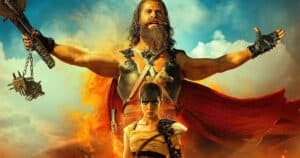
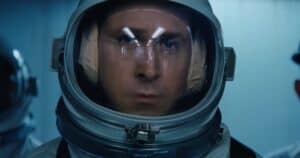
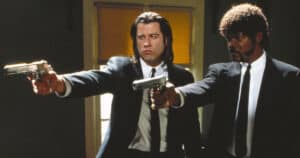
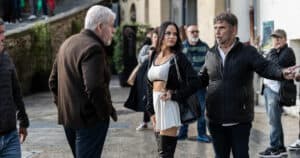
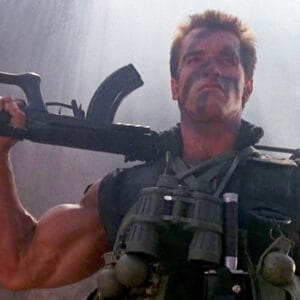
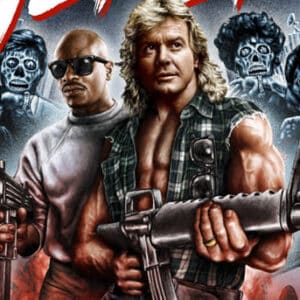
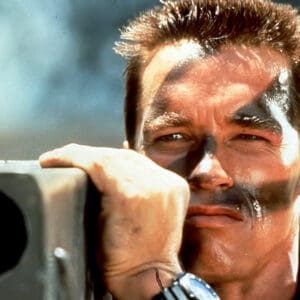
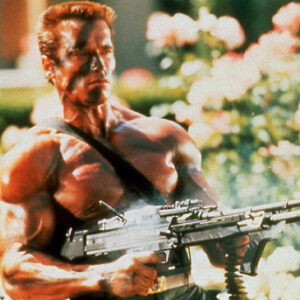
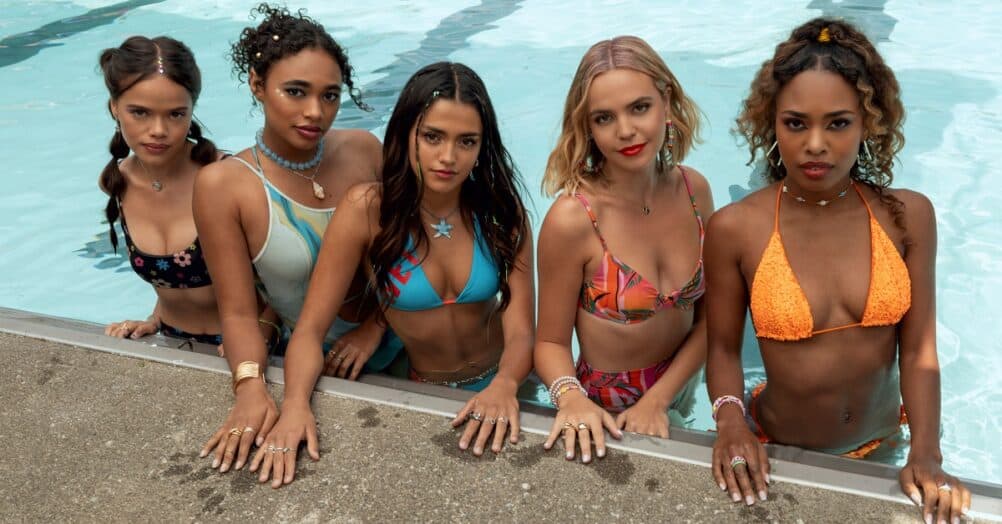
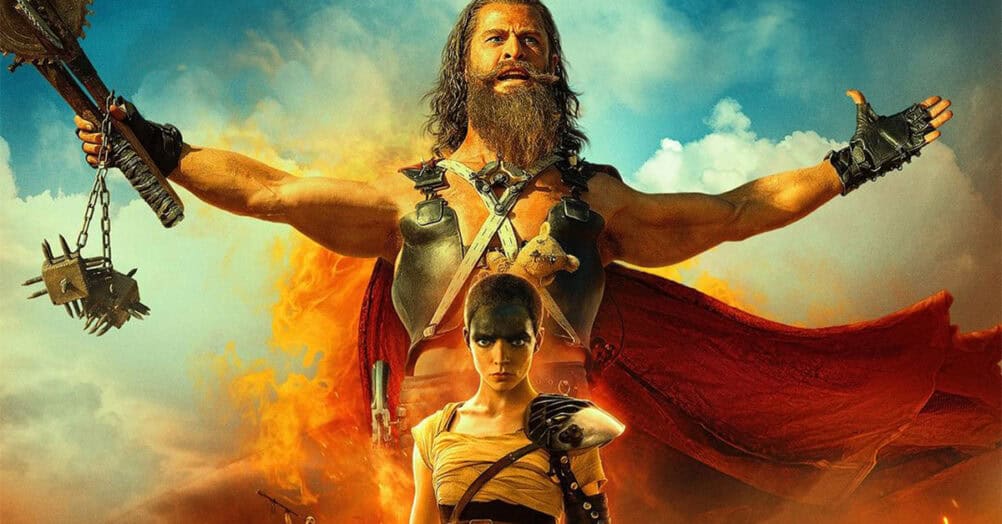
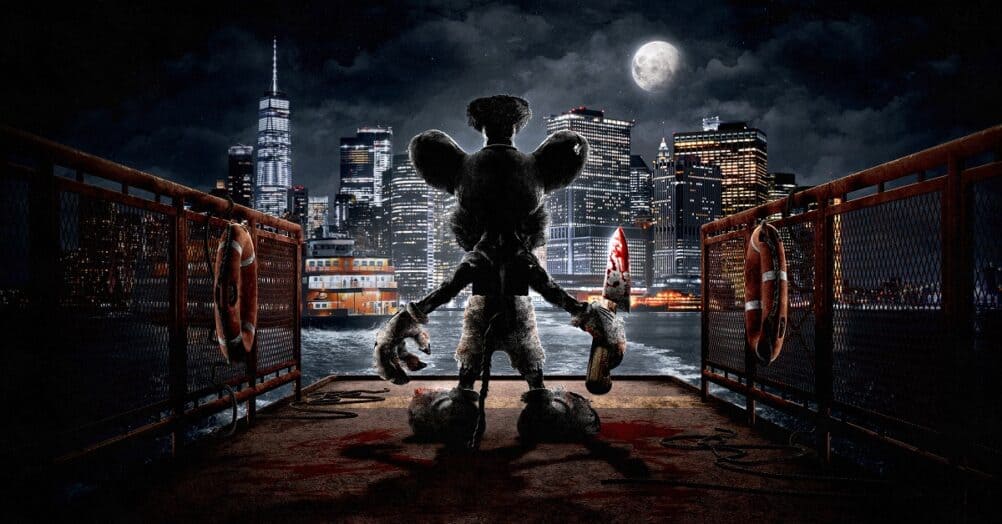
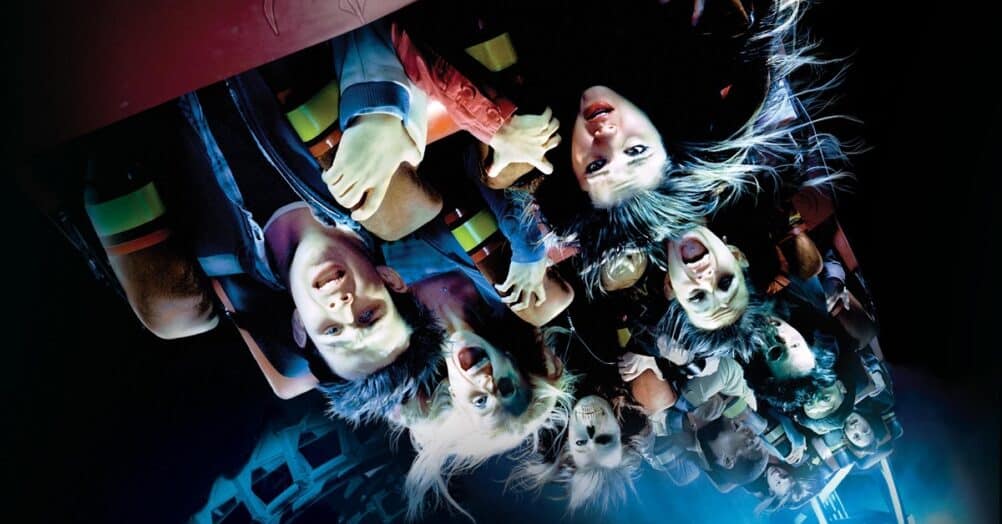
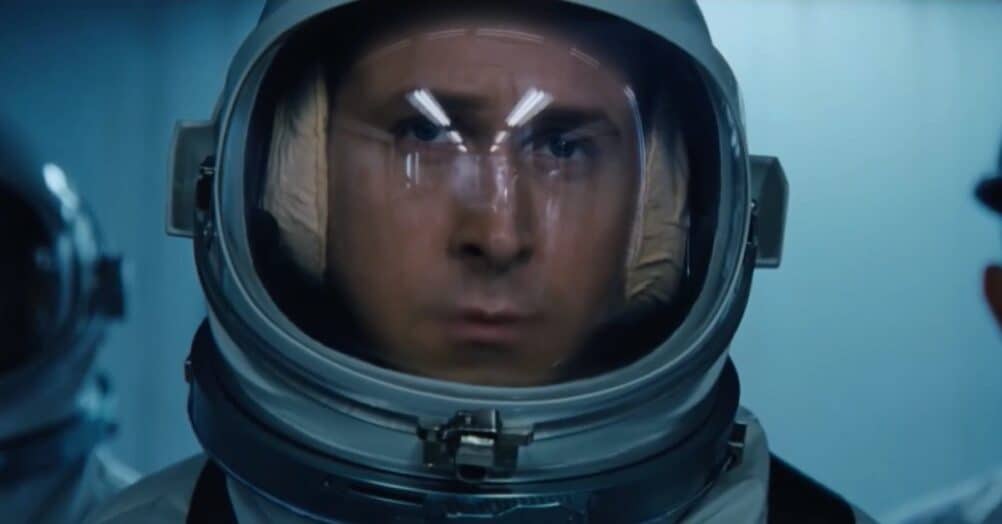
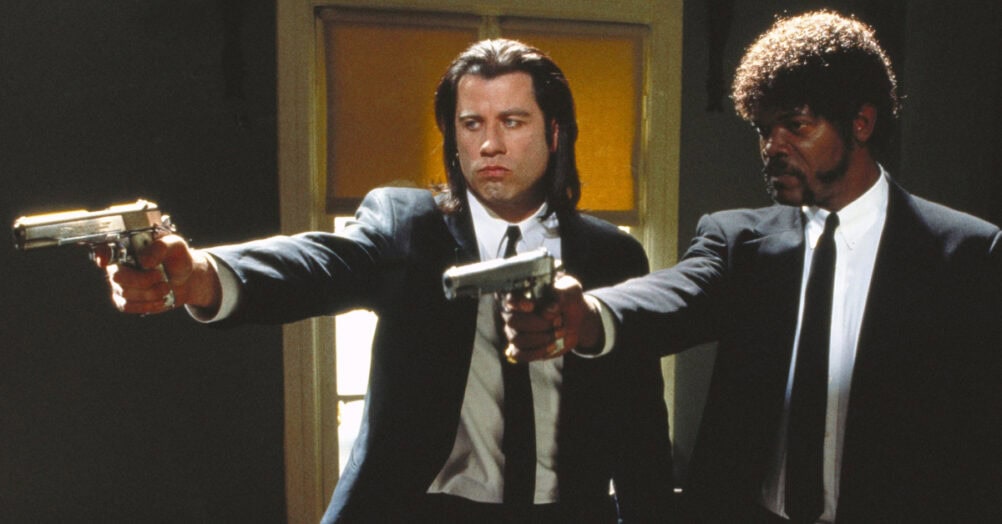
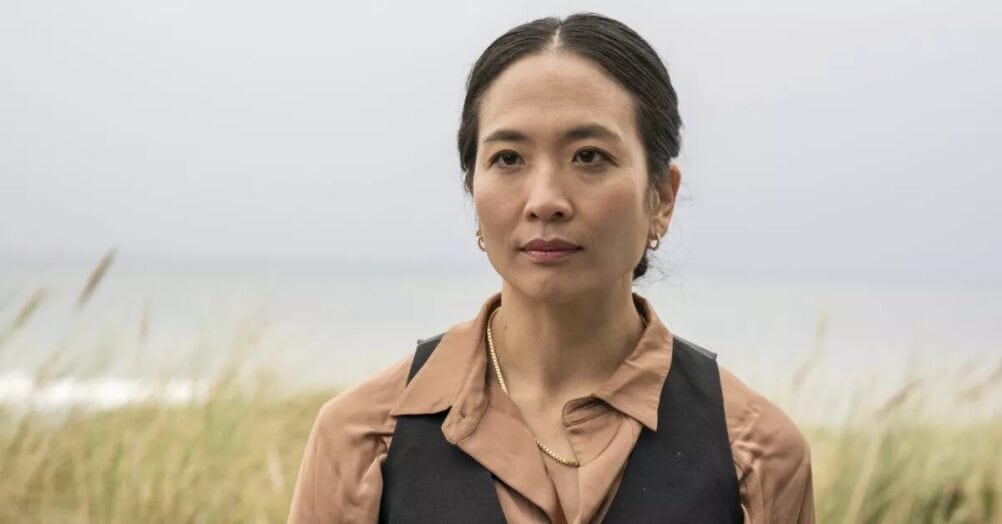
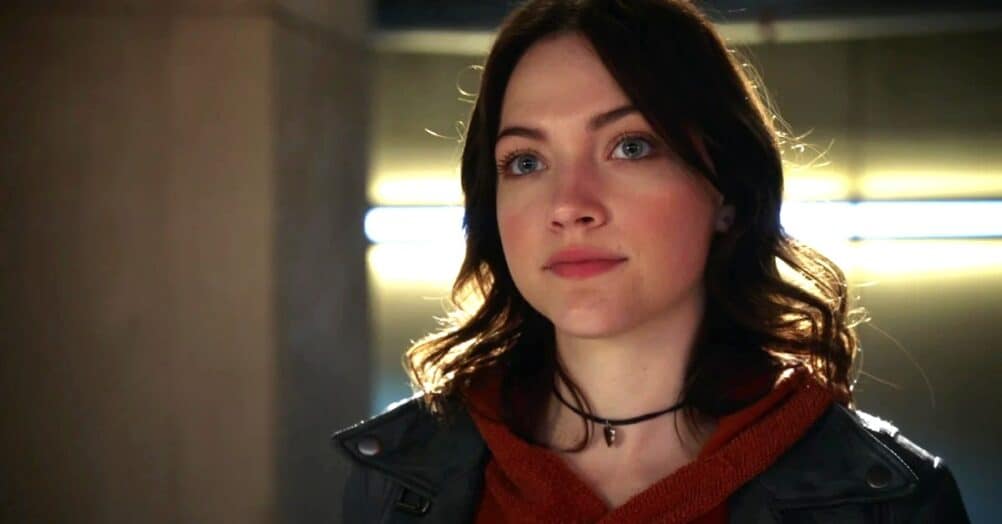
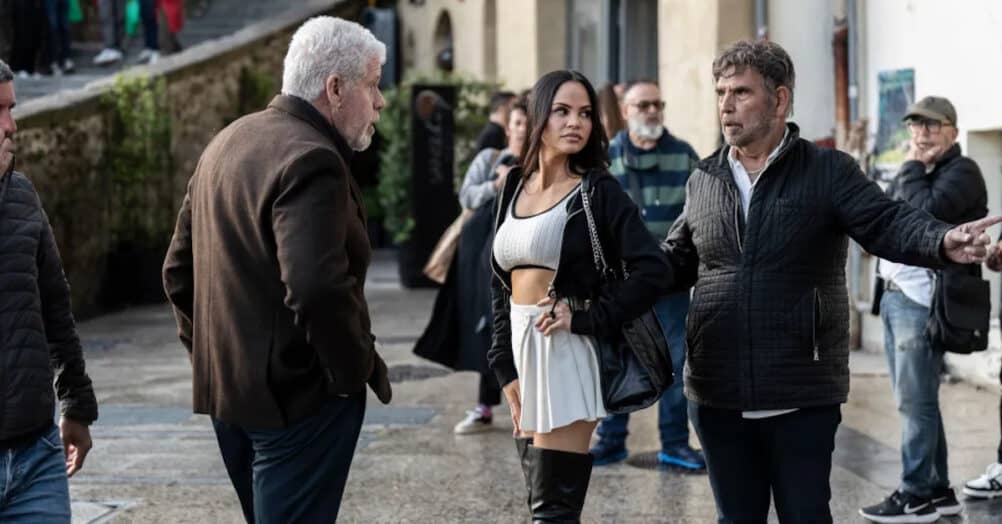
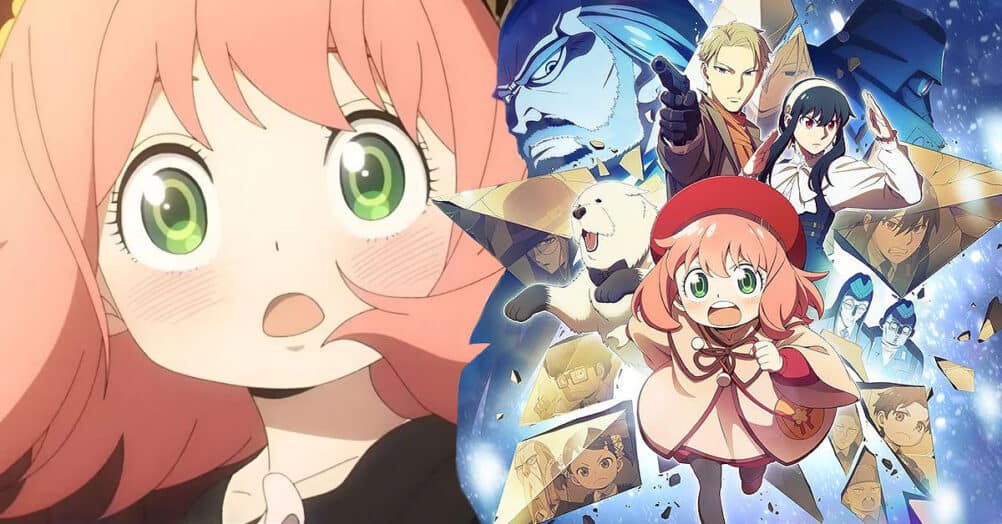
Follow the JOBLO MOVIE NETWORK
Follow us on YOUTUBE
Follow ARROW IN THE HEAD
Follow AITH on YOUTUBE